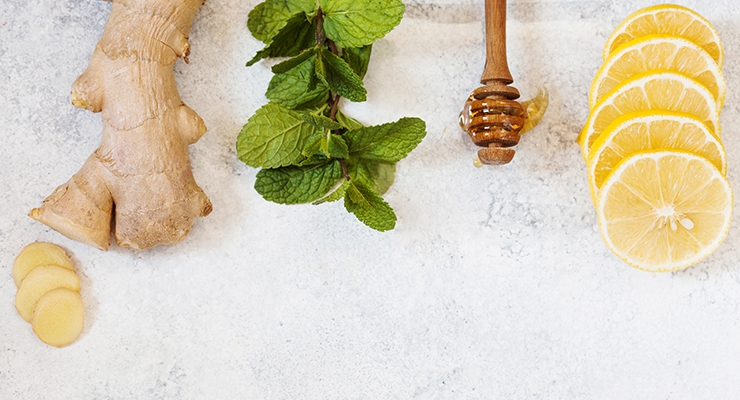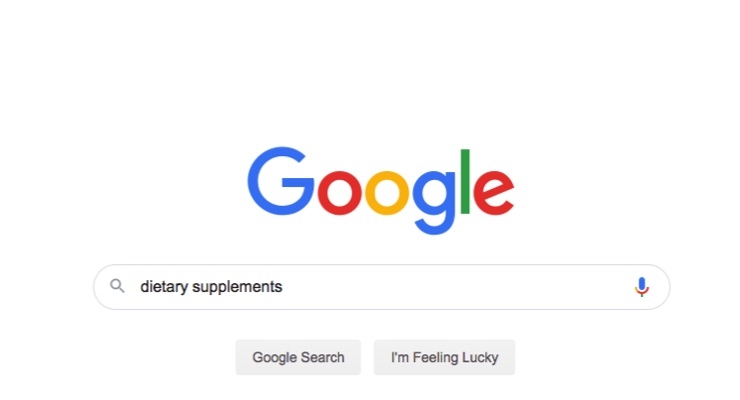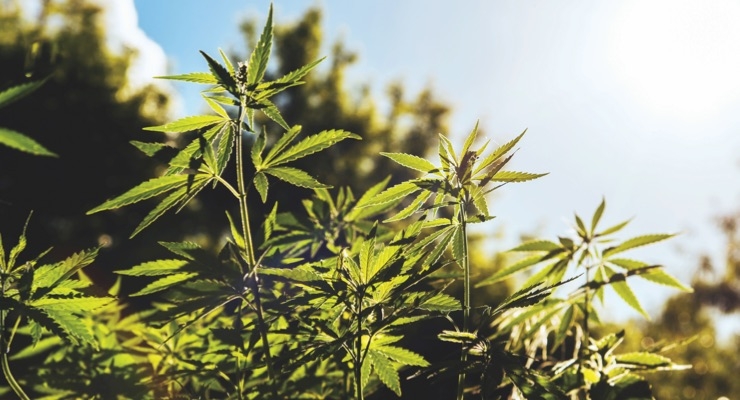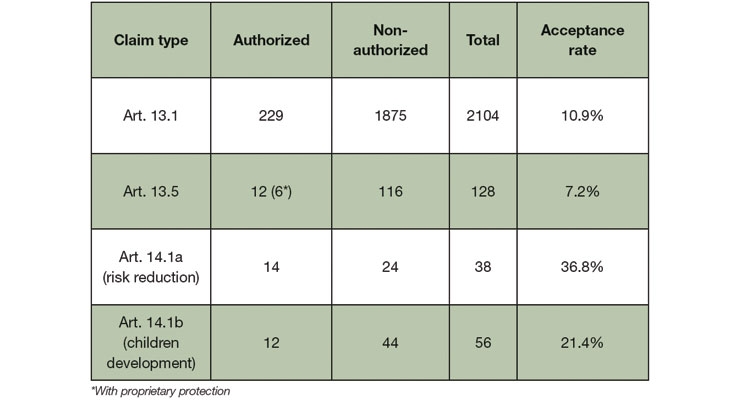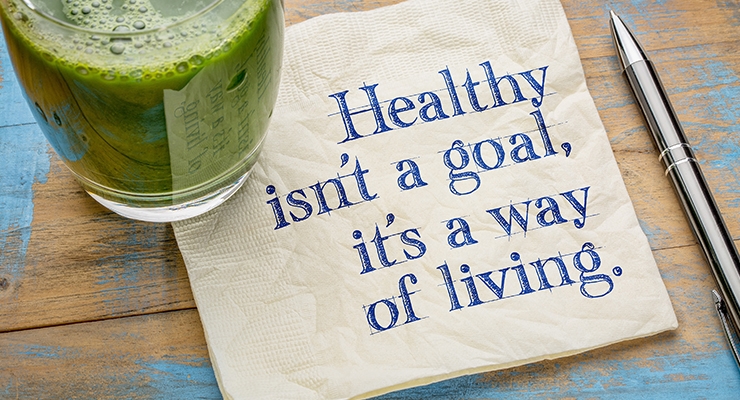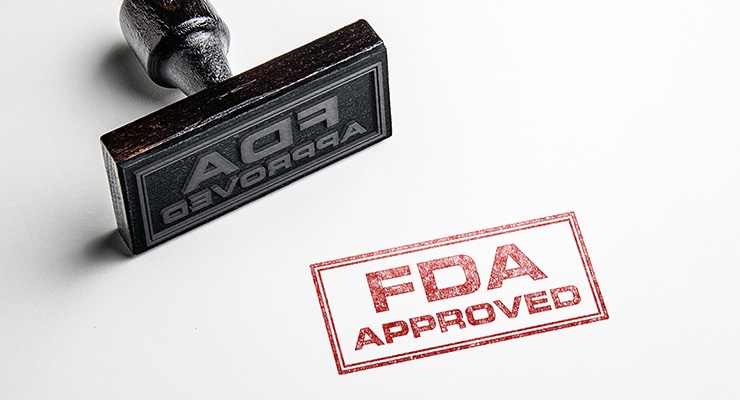Columns
Social Media Influencers Fuel Dietary Supplement Fads
Berberine is the latest example of how trends can take flight overnight.

By: Sean Moloughney

“A No. 1 miracle in a bottle to burn your fat.” “Lightning in a bottle.” “A miracle appetite suppressant.”
Although taken out of their original context, these were claim soundbites that Dr. Oz once used to refer to raspberry ketones, forskolin, and saffron extract, respectively.
In fact, a number of supplements hailed as miracles or “game-changers” on “The Dr. Oz Show” went on to achieve mega-success after they were touted on the show—something that was dubbed as “The Oz Effect.”
Ingredient and Supplement Crazes—New and Old
Recently, TikTok influencers started a craze about berberine, even dubbing it “Nature’s Ozempic,” after Novo Nordisk’s diabetes drug that has been on fire with off-label use as a weight-loss pill.According to Wired, Thorne’s sales of berberine exploded by more than 165% in the second quarter of 2023 “compared to sales in the same time period last year.”
This is not to say, however, that industry did not have crazes before Dr. Oz and social media.
Recall the manias about: bovine and shark cartilage, soy isoflavones for menopause, St, John’s wort for depression, DHEA for sexual health and anti-aging, and goldenseal for immunity.
In fact, there was such a demand for goldenseal that, by the mid-1990s, the botanical was already classified as “critically imperiled” in 17 states and, as of 2018, has been considered “endangered.”
Without a doubt, these obsessions largely died out over time, but whether it was Dr. Oz yesterday or TikTok today, it is clear that Americans, for some time now, have not relied on supplement advice from their doctor, family member, or trusted friend.
Today, they increasingly rely on social-media influencers.
The New ‘Experts’ on Dietary Supplements
According to a recent Nielsen Trust in Advertising study, a full 71% of consumers trust advertising, opinions, and product placements from social-media influencers.Why do so many Americans trust influencers who, in many if not most cases, are not qualified in any way to be dispensing health-related information about dietary supplements, ingredients, or medications?
1) Confirmation bias and echo-chamber dynamics: People are likely to follow influencers who are already aligned with their product preferences. Engaging with other like-minded followers can also create a sense of community and belonging.
2) Perceived authenticity: Many consumers perceive influencers to be “more authentic” than traditional, institutional experts and sources.
3) Impactful content: Images and videos are arguably more engaging than traditional copy, which can make visual social media content more memorable and convincing.
4) Health advice, seemingly without restrictions: Unlike the regulated industry, nutritionists, or medical professionals, TikTok influencers are not bound by the same regulations as it relates to dispensing health advice.
That being said, social-media influencers have been successfully sued by state attorneys general for “deceptive business practices,” and the U.S. Federal Trade Commission (FTC) does have in place the FTC Disclosure Provision, a law that requires social-media influencers to disclose when they are being paid to promote a product or service.
According to the FTC, “This provision was implemented to help protect consumers from false or misleading advertising.”
It’s probably only a matter of time before the FTC takes action against an influencer who’s spreading dangerous advice about dietary supplements or ingredients.
It appears that we Americans cotton to crazes. Why? Part greed-powered marketing mayhem, part human nature.
As a nod to how wacky all of this can truly be, I will leave you with an exchange from the 1973 futuristic Woody Allen movie, Sleeper …
Dr. Melik: “This morning for breakfast he requested something called ‘wheat germ, organic honey and Tiger’s Milk’.”
Dr. Agon: “Oh, yes. Those are the charmed substances that some years ago were thought to contain life-preserving properties.”
Dr. Melik: “You mean there was no deep fat? No steak or cream pies or … hot fudge?”
Dr. Agon: “Those were thought to be unhealthy … precisely the opposite of what we now know to be true.”
Dr. Melik: “Incredible.”
About the Author: James Gormley has been an award-winning natural products industry writer, editor and thought leader since 1995. The head of Gormley NPI Consulting, James can be reached via his website, JamesGormley.com or via email at jamesgormley01@gmail.com.



